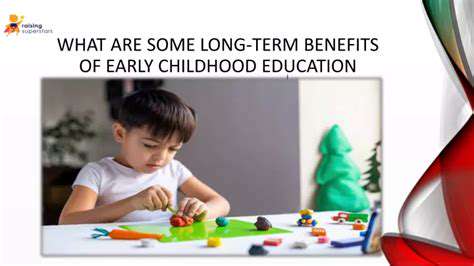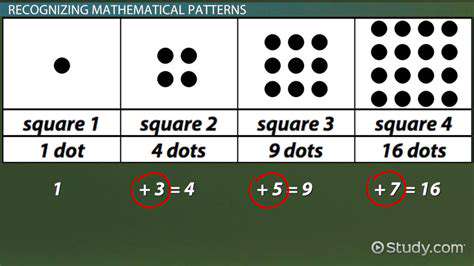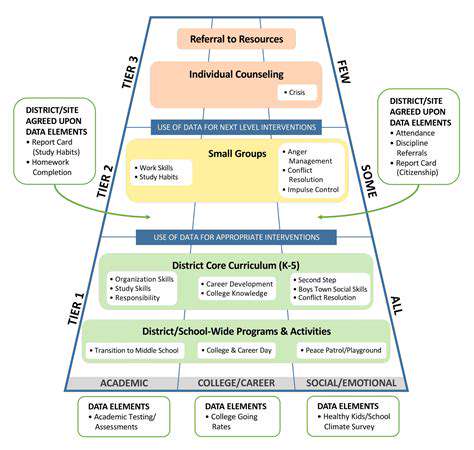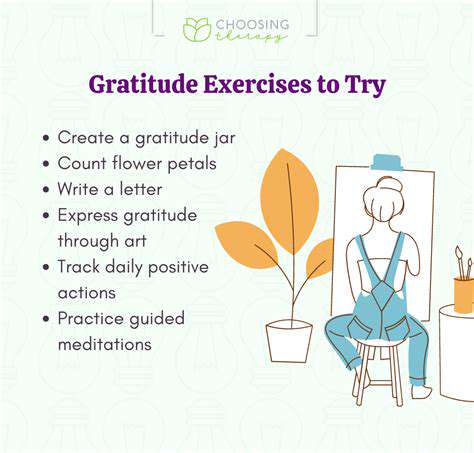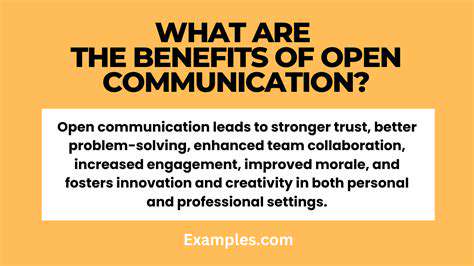Early Learning Strategies: Boost Your Child's Brain Development
Strategies for Fostering Memory
Memory serves as the foundation for cognitive growth, allowing young minds to absorb knowledge, retrieve information, and connect new experiences with existing ones. Practical memory-building techniques involve engaging children in activities that target different memory systems. Traditional nursery rhymes, repetitive storytelling, and pattern-based games like sequenced block stacking effectively develop short-term and working memory. Environmental enrichment with visual cues and tactile materials creates multiple pathways for memory consolidation.
The multisensory approach proves particularly powerful - when children associate new concepts with physical objects, textures, or vivid imagery, they form more durable neural connections. This sensory integration transforms abstract information into concrete, memorable experiences that children can easily recall and apply in various contexts.
Developing Language and Communication Skills
Language acquisition progresses hand-in-hand with cognitive maturation. Immersing children in linguistically rich environments filled with diverse vocabulary and complex sentence structures accelerates their comprehension and expressive abilities. Daily conversations, interactive storytelling sessions, and responsive dialogues where adults actively listen and expand on children's utterances create optimal conditions for language development.
Early literacy exposure through tactile books, alphabet manipulatives, and creative writing tools sparks interest in written communication. When children practice describing their surroundings, emotions, and imaginative scenarios, they develop sophisticated linguistic tools for self-expression. Offering multiple avenues for communication - through art, music, or dramatic play - acknowledges diverse learning styles while strengthening overall language capacity.
Problem-Solving and Critical Thinking
Cognitive advancement thrives when children encounter thoughtfully designed challenges. Age-appropriate puzzles, construction toys, and strategy games provide safe spaces to experiment with different solutions. These activities cultivate analytical thinking as children weigh options, predict outcomes, and adjust their approaches through trial and error.
A supportive environment that celebrates the problem-solving process, rather than just correct answers, encourages intellectual risk-taking. Open-ended questions that begin with What if... or How might we... stimulate creative reasoning. When educators ask children to explain their thought processes and consider alternative viewpoints, they develop flexible thinking patterns essential for complex problem-solving.
The Importance of Positive Interactions and Emotional Well-being

Cultivating a Positive Environment
Thriving communities establish intentional cultures of appreciation and mutual respect. When individuals feel genuinely valued, they contribute their best work and collaborate more effectively. Leaders set the tone by modeling constructive behaviors - offering specific praise, demonstrating active listening, and creating psychologically safe spaces for expression.
Effective Communication Strategies
Clear communication forms the backbone of productive relationships. Mastering both expressive clarity and deep listening prevents misunderstandings while building trust. Strategic use of different communication channels - quick messages for simple updates, face-to-face discussions for complex topics - ensures information transfers effectively across teams.
Building Strong Relationships
Meaningful workplace connections stem from consistent, authentic engagement. Investing time in understanding colleagues' strengths, challenges, and working styles pays dividends in collaboration quality. Regular check-ins that go beyond task updates to acknowledge personal growth and challenges foster deeper professional bonds.
Conflict Resolution and Management
Healthy organizations anticipate disagreements and equip teams with structured resolution frameworks. Training in nonviolent communication techniques, interest-based negotiation, and de-escalation strategies transforms conflicts into opportunities for growth. Establishing neutral mediation processes ensures all voices receive fair consideration.
Promoting Empathy and Understanding
Conscious efforts to understand diverse perspectives create inclusive environments. Perspective-taking exercises and cross-functional projects break down silos while developing cultural competence. Mentorship programs that pair employees from different backgrounds facilitate organic empathy development through shared experiences.
Recognizing and Appreciating Contributions
Strategic recognition reinforces desired behaviors and motivates teams. Personalized appreciation that acknowledges individual effort styles proves more impactful than generic praise. Public recognition balanced with private, specific feedback creates a culture where people feel seen and valued for their unique contributions.
The Role of Leadership in Fostering Positive Interactions
Effective leaders function as cultural architects, intentionally designing interaction patterns through their daily behaviors. Their visible commitment to transparency, active listening, and developmental feedback establishes organizational norms. When leaders consistently demonstrate respectful challenge and support, they create environments where teams flourish intellectually and emotionally.
